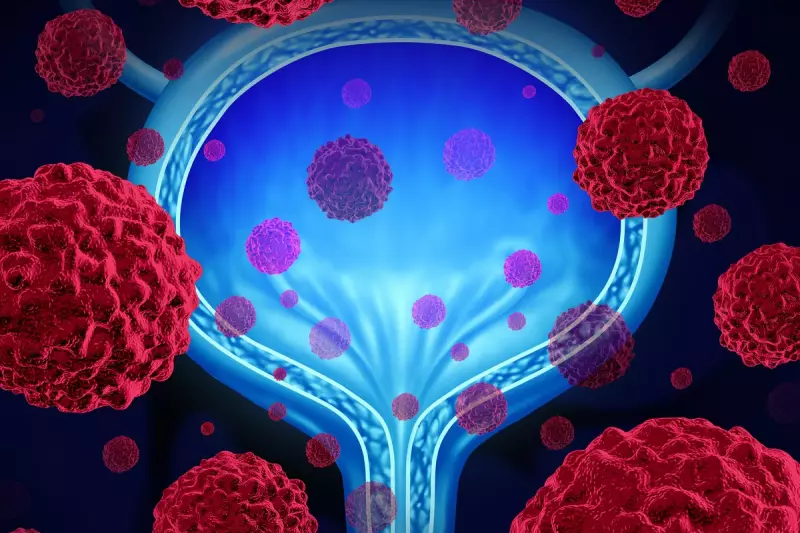
Health chiefs are urging the British public to become vigilant about the often-overlooked signs of bladder cancer, a disease where early detection dramatically improves survival odds.
While bladder cancer is the tenth most common cancer in the UK, awareness of its symptoms remains dangerously low. The NHS is now highlighting the critical red flags that should never be ignored, emphasising that prompt action can save lives.
The #1 Red Flag You Must Not Ignore
The most common and telling sign is haematuria – blood in your urine. This isn't always dramatic; the blood may be visible, causing urine to appear pink, red, or dark brown. Crucially, it can also be 'non-visible' (microscopic), only detected through a urine test.
"Any presence of blood, whether you can see it or not, warrants an immediate conversation with your GP," stress medical professionals. It is the single most important symptom to act upon.
Beyond Blood: Other Key Symptoms
While haematuria is the primary indicator, other changes in urinary habits can also signal a problem. It is the combination of these symptoms that is particularly concerning:
- A persistent need to urinate: Feeling a sudden, intense urge to go more often than usual, even if little comes out.
- Painful urination: A burning sensation or pain when passing urine.
- Lower back pain: A persistent ache on one side of your back, below the ribs.
- Unexplained weight loss and fatigue: General feelings of being unwell, tired, and losing weight without trying.
Who Is Most At Risk?
Understanding your risk factors is key to prevention. The primary cause is smoking, responsible for more than a third of all cases. The chemicals in tobacco smoke are filtered by the kidneys and concentrate in the urine, damaging the bladder's lining over time.
Other risk factors include prolonged exposure to certain industrial chemicals (once common in manufacturing), previous radiotherapy to the pelvic region, repeated urinary infections, and a family history of the disease. Men and older adults are also statistically more likely to develop it.
Your Action Plan: What To Do Next
If you experience any of these symptoms, especially blood in your urine, do not delay.
- Contact your GP immediately. Be persistent and describe all your symptoms clearly.
- Your GP will likely request a urine sample to check for infection, blood, and other markers.
- If necessary, you will be referred to a specialist for further tests, which may include a scan or a cystoscopy to look inside the bladder.
Remember: while these symptoms can be caused by less serious conditions like UTIs or kidney stones, it is essential to get a definitive diagnosis. Early-stage bladder cancer is highly treatable, making awareness and swift action your best defence.





